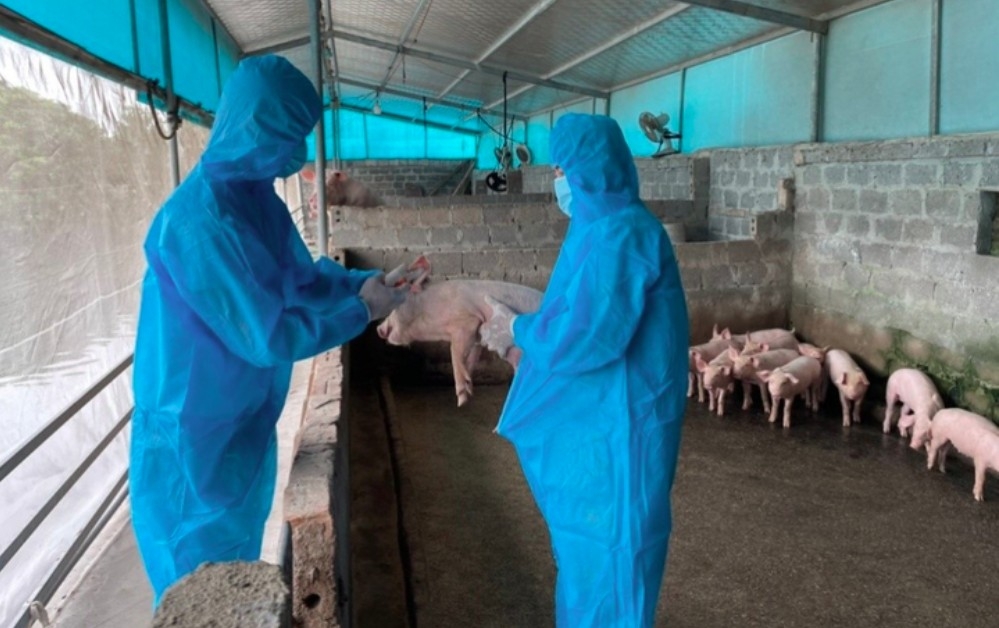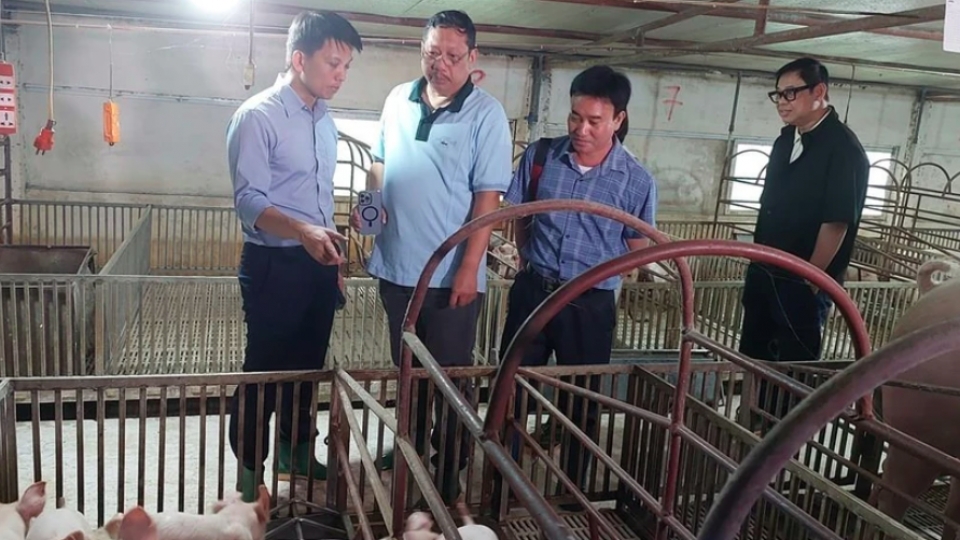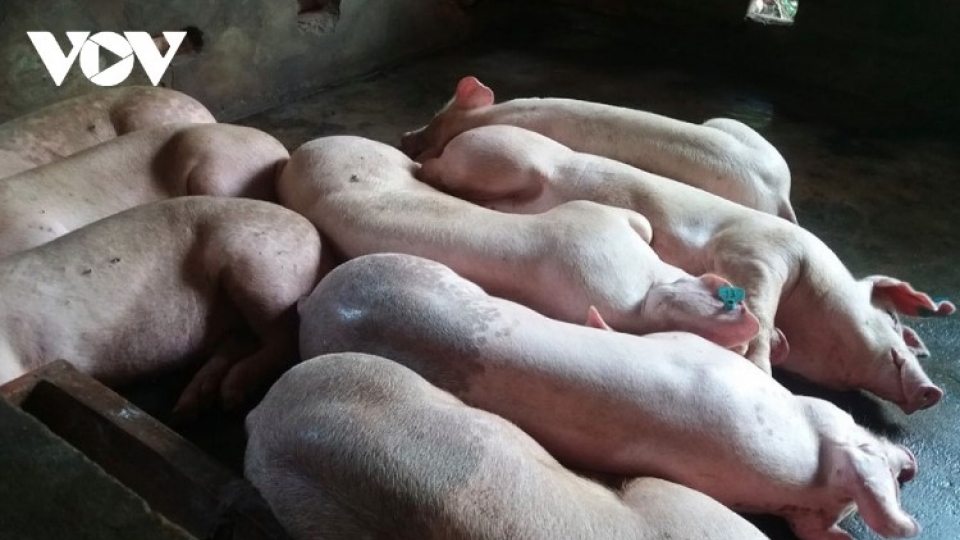Government chief orders urgent measures to combat African swine fever
VOV.VN - Prime Minister Pham Minh Chinh has signed Directive No.109, calling for urgent and coordinated measures to prevent and control African swine fever (ASF) nationwide.

According to the Ministry of Agriculture and Environment, more than 514 outbreaks of ASF have been reported across 28 of 34 provinces and centrally run cities since the beginning of the year, resulting in the infection, death, and culling of over 30,000 pigs. Currently, 248 outbreaks remain active in 20 provinces and cities (after administrative restructuring), with fewer than 21 days having passed since detection.
The risk of ASF is on the rise, particularly in provinces with large pig populations, thereby posing serious threats to the livestock sector, national food supply, and environmental safety.
The Prime Minister has instructed chairpersons of provincial-level People’s Committees to take full responsibility and direct local efforts to promptly and definitively contain outbreaks, ensure the culling of infected or suspected pigs, and implement support policies for affected farmers in line with existing regulations.
He also called for strict penalties for individuals or groups involved in the transport or sale of infected pigs or pig carcasses, which contribute to the spread of the disease. Leaders will be held accountable before the Prime Minister and under the law for any negligence or failure in controlling ASF outbreaks that result in widespread damage within their jurisdictions.
Specialized agencies have been tasked with guiding farmers on proper hygiene practices, establishing safe livestock zones, strengthening surveillance, and responding rapidly to new outbreaks. Authorities must also strictly handle cases of concealment or delayed reporting of outbreaks.
The Prime Minister assigned the Ministry of Agriculture and Environment to lead the effective implementation of the National Plan for ASF Prevention and Control for the 2020–2025 period. The ministry is also responsible for working with localities to allocate funding, monitor the epidemic situation, provide early warnings, and eliminate active outbreaks. It is further tasked with coordinating with international organizations to intensify disease control through digital monitoring systems.
The Ministry of National Defence has been directed to instruct the Border Guard to cooperate closely with relevant ministries, agencies, and local governments to strictly deal with the illegal importation of pigs and pork products. Border forces are also to raise public awareness in border areas about the risks posed by ASF and the dangers of trading or transporting uncertified, uninspected pork.
The Ministry of Public Security is to coordinate with the Ministries of National Defence, Industry and Trade, Finance, and Agriculture and Environment, as well as local authorities, to prevent and strictly handle smuggling and illegal transport of pigs and pork products in accordance with the law.
The Ministry of Industry and Trade is to direct market surveillance forces and relevant agencies to work with veterinary authorities, police, and traffic inspectors to enhance inspections and crack down on the sale and transport of infected, uncertified, or untraceable pigs and pork products. These efforts aim to prevent ASF and other animal diseases from spreading through the market.
ASF originated in Africa and is known for its rapid transmission and near 100% mortality rate among infected pigs. The virus is present in the blood, organs, and bodily fluids of infected pigs, and is highly resistant to environmental condition. It can survive at low temperatures and is only destroyed at 70°C. ASF is spread through both respiratory and digestive routes, via direct or indirect contact with contaminated materials. While it does not infect humans, people can act as carriers and contribute to the disease’s transmission.




